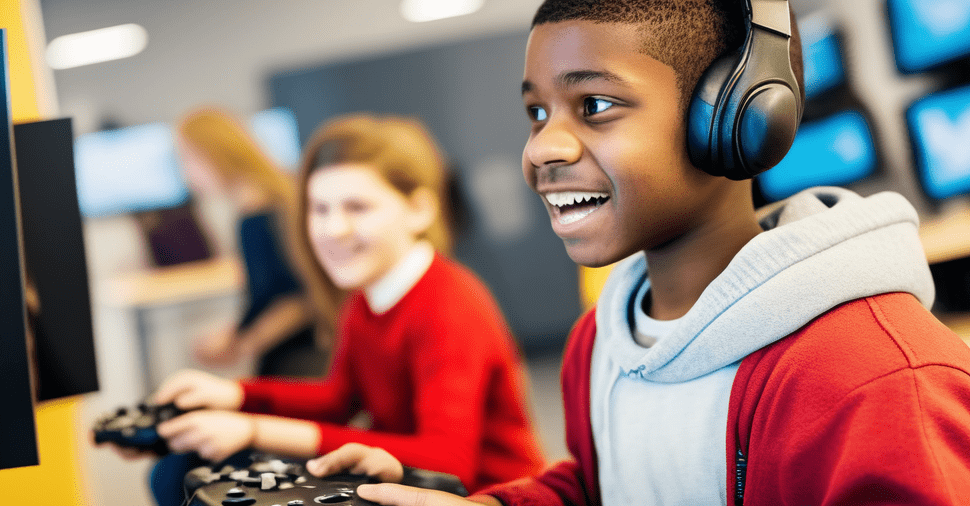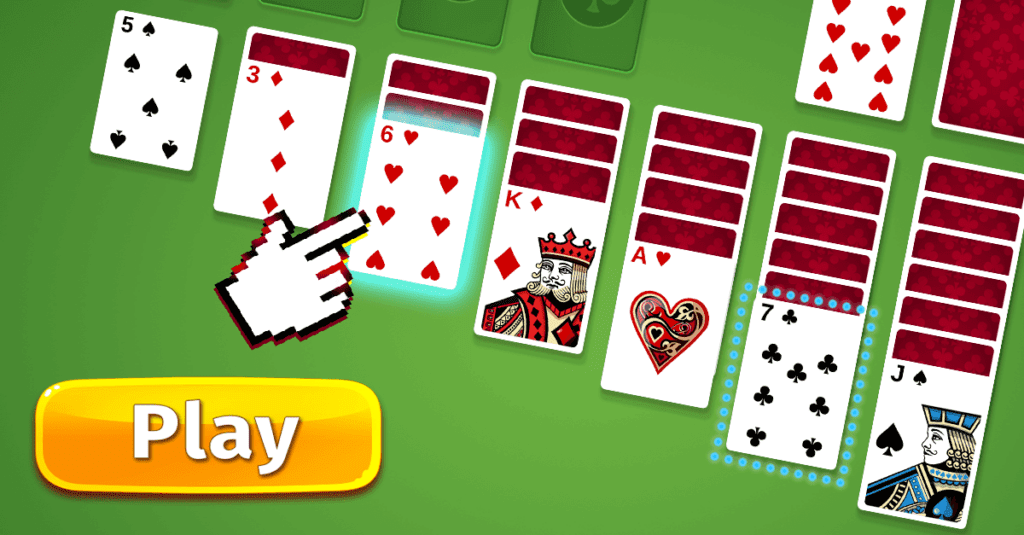
In recent years, online games in education have gained widespread popularity for their potential to enhance learning outcomes and skill development. While traditional teaching methods have proven effective, integrating gaming in education has shown to be an innovative and exciting way of engaging students in learning. In addition to hard skills, online games can help people to develop their soft skills. Which benefits bring ‘gaming education’ and what impact it has on skill development even for adults – keep reading the article to figure it out.
Education and gaming
One of the main benefits of incorporating gaming into education is the ability to provide a more immersive and interactive learning experience. Video games are designed to engage players in challenges and activities that require critical thinking, problem-solving, and decision-making skills. As a result, students who play educational games are more likely to develop these skills and apply them to real-world situations.
An Entertainment Software Association (ESA) report found that 70% of parents believe video games have educational value and can promote problem-solving skills, creativity, and critical thinking. The report also found that 60% of teachers use digital games in their classrooms to enhance learning outcomes. Over time, the technology will become even more accessible and these percentages will be even higher.
Moreover, educational gaming provides a safe and controlled environment for students to explore new concepts and ideas. Educational games often present players with complex problems or scenarios they must navigate to reach a solution. By engaging with these challenges in a virtual environment, students can learn from their mistakes without fearing negative consequences. This allows them to experiment and take risks, fostering creativity and innovation.
Another important benefit of using gaming in education is its ability to promote collaboration and teamwork. Many games require players to work together to achieve a common goal, which can help students develop social skills and improve communication. Additionally, multiplayer games can provide opportunities for students to interact with peers from different backgrounds and cultures, helping to foster a more diverse and inclusive learning environment.
Adults’ Skill Development Thanks to Gaming
While gaming has traditionally been seen as a leisure activity for children and teenagers, growing evidence suggests that it can also be a valuable tool for adult skill development. In particular, gaming has been shown to enhance adults’ cognitive function, decision-making, and problem-solving skills.
For example, a study conducted by the University of Geneva found that playing a 3D platform game improved the cognitive function of older adults. The study found that older adults who played the game improved their memory, attention, and spatial reasoning skills (Anguera et al., 2013).
We are proud that we can confirm such a tendency in our Solitaire multiplayer. In February 2023, we published a book with the stories of our players, and they told us which impact Solitaire Social had on their lives.
Lyn Holcomb Smith realized she could make new friends worldwide, even as an adult. Also, she mentioned that she surprisingly strengthened their knowledge of flags.
Lois Reed emphasized that Solitaire Socal, with its many events, has helped her keep the brain sharper.
Also, we have a case when our game helped Tammy Hauan to recover from a recent Epileptic Seizure by helping them to re-learn to recognize letters, numbers, and pictures. So, our game can not only develop the abilities but also can help remind a person what he or she could do but forget.
Why Gaming is Important for Elderly Population
Gaming can also play an important role in skill development for the elderly population. As individuals age, cognitive decline can occur, making it challenging to perform everyday activities. However, research suggests that playing video games, including Solitaire, can help improve cognitive function in older adults.
Additionally, gaming can also provide an opportunity for elderly individuals to socialize and connect with others, as we already mentioned in Lyn Holcomb Smith’s case. Many games, including Solitaire, offer multiplayer options, allowing players to interact with individuals worldwide. This can help combat social isolation and loneliness, which are common issues faced by elderly individuals. Another person who shared a story with us was Dawn Tilley. Our player found friends by correspondence with whom he can share lives, hearts, joys, and sorrows.
Gaming Prospects in Education
In conclusion, gaming, including Solitaire, in education and skill development is becoming increasingly prevalent due to its potential to engage students in a more immersive and interactive learning experience. Through educational games, students can develop critical thinking, problem-solving, decision-making skills, and technical and social skills essential for success in today’s society. Furthermore, gaming has positively affected cognitive function in adults and the elderly, making it a valuable tool for skill development across all ages. In some cases, gaming can help people survive loss and recover from illness, as it was with Solitaire Social players.
- News
- March 10, 2023


